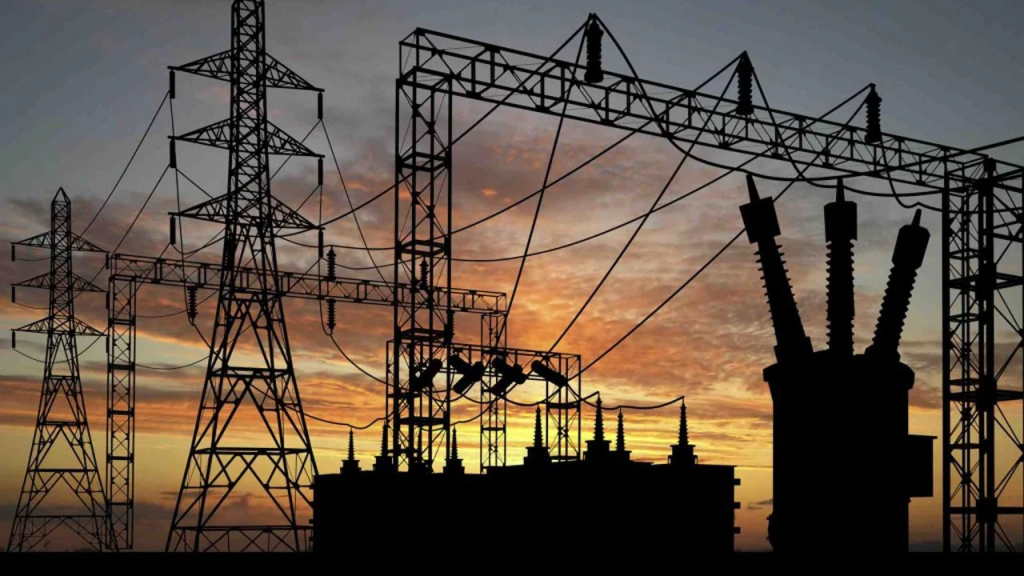Power supply drops below 4,000MW as Dangote/PENGASSAN face-off enters day 2

By Obas Esiedesa, Abuja
Nigeria’s power supply fell below the 4,000 megawatt threshold on Tuesday morning as the strike by oil and gas workers over a dispute with Dangote Petroleum Refinery entered its second day.
The face-off between the Petroleum and Natural Gas Senior Staff Association of Nigeria (PENGASSAN) and the $20 billion Dangote Refinery stems from the reported sack of 800 workers by the company.
Checks on grid supply showed that as of 7 a.m., load allocation to electricity distribution companies had dropped to 3,656MW, down from 4,320MW recorded the previous day. Abuja DisCo received 537MW, Ikeja Electric 530MW, while Eko DisCo got 451MW.
Most gas-fired thermal power plants were off the grid, with Delta (472MW) and Egbin (447MW) serving as the main suppliers.
Reacting to the development, the Nigerian Independent System Operator (NISO) attributed the shortfall in generation to the industrial action by PENGASSAN within the gas supply chain.
NISO, in a statement on Tuesday morning, said “these disruptions triggered widespread gas shortages, reducing available generation from over 4,300 MW in the early hours of Sunday, 28th September 2025, to about 3,200 MW at the lowest point.
“In response, the NISO promptly deployed contingency measures to preserve the stability, security, and reliability of the National Grid. Key interventions include:
“Hydropower Optimization: Strategic ramp-ups from major hydro stations, contributing over 400 MW of additional output to cushion the shortfall from gas-fired plants.
“Generation Dispatch and Load Balancing: Real-time load adjustments to match available generation with system demand, while preventing a system frequency collapse.
“Voltage and Frequency Support: Continuous deployment of reactive power compensation and reserve monitoring to safeguard system integrity.
“Demand-Side Management: Selective load shedding, applied as a last resort, to avert a system-wide collapse and ensure fair power distribution”.
The agency stated that “these timely actions enabled the NISO NCC to minimize the impact of the labour-induced gas shortages, sustain operational security, and maintain supply to critical loads, thereby averting a nationwide blackout.
“The System Operator reaffirms its commitment to proactive grid management, operational excellence, and the application of best-in-class practices to guarantee a secure and reliable electricity supply for the nation,” the statement added.
The post Power supply drops below 4,000MW as Dangote/PENGASSAN face-off enters day 2 appeared first on Vanguard News.







